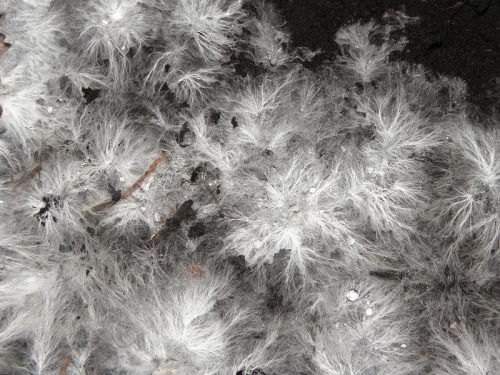A New York manufacturing company called Ecovative adopted the idea of mixing existing natural materials, and inspired by this natural model offered a biotechnological solution as a replacement for adhesives in the fiber industry

By: Adi Weiss
According to John Warner, CEO of the Warner-Babcock Institute for Green Chemistry, one of the biggest problems with human technology is our obsession with 'pure' materials. "Everything we do in industrial production is unnatural," he says. "Our production processes are based on the idea that our materials must be 100% pure (that is, made of only one unit), unlike nature, where the materials are mixed together, a fact that increases their resistance against damage."
A New York manufacturing company called Ecovative adopted the existing idea of mixing natural materials, and inspired by this natural model, offered a biotechnological solution as a replacement for adhesives in the fiber industry. The company uses mycelium (mycelium), thread-like branchings that produce fungi that are often found on the ground, as a substitute for polystyrene, plastic, and engineered wood fibers. The fungus, which received from the founder of the company - Eben Bayer - the nickname "nature's glue", naturally binds different components and can grow and fill any shape with its branches. "The old thinking in the style of the industrial revolution is: look at the mycelium and say - 'What can we reduce? "', he says, "and we say: let's keep it as similar to nature as possible."
To produce their fiberboards, Ecovative adds mycelium to the wood fibers, and waits for it to grow and bond the fibers. The material covered with mycelium enters a compression process, the result of which is a fibrous board of medium density. This process eliminates the need for formaldehyde, a dangerous substance that is used to make adhesives in industry. The process may reduce the cost by about 30%, Bayer says. It is true that the production of the mycelium fibers takes longer than normal fibers, but Bayer points out that with advance planning, the company will be able to produce them on a regular basis.
Source of knowledge
